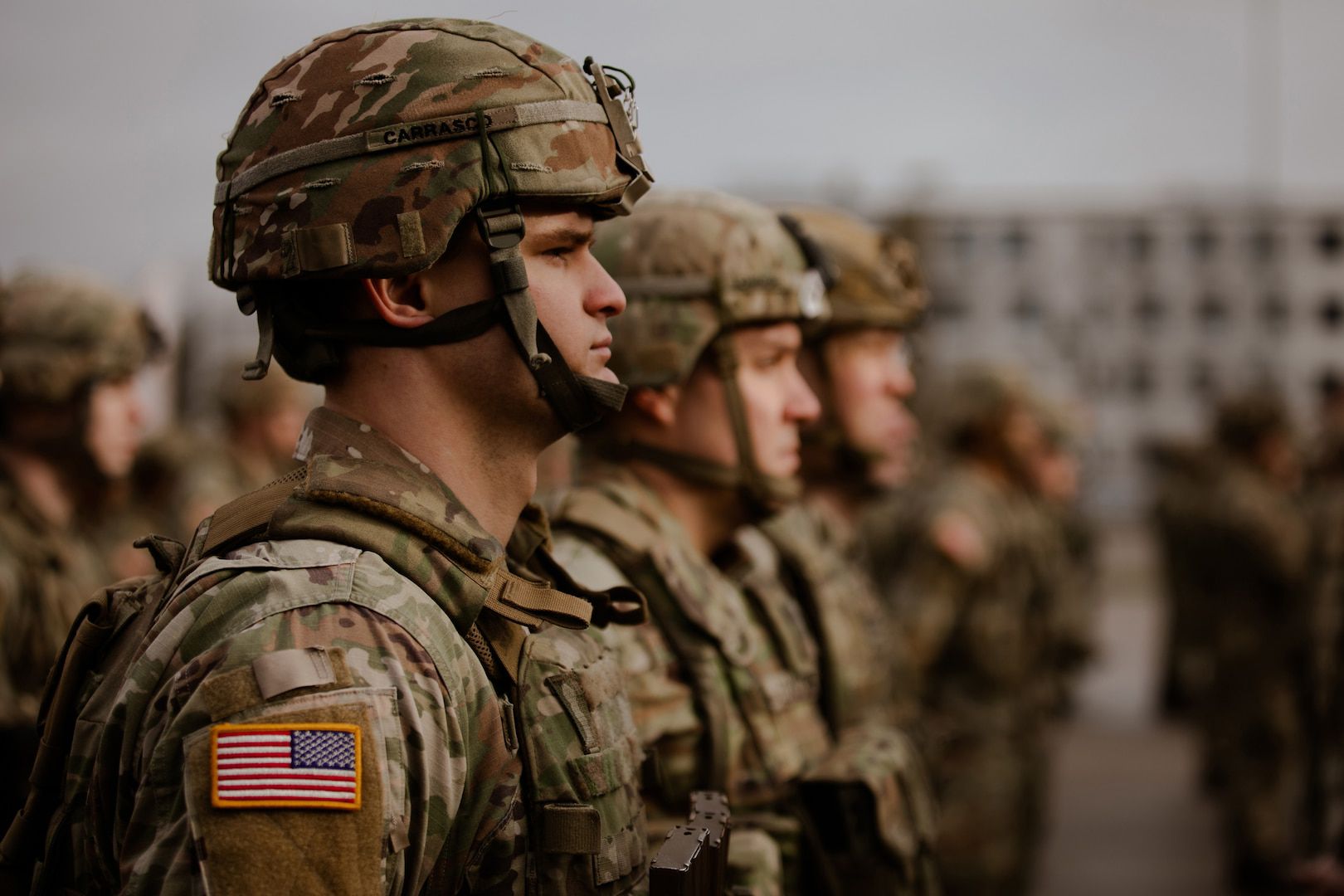The U.S. is sending an additional “few thousand” troops to the Middle East to bolster security and to be prepared to defend Israel if necessary, the Pentagon said Monday.
The increased presence support multiple fighter jet squadrons, Pentagon spokeswoman Sabrina Singh told reporters during a press briefing.
It follows recent strikes in Lebanon and the assassination of Hezbollah leader Hassan Nasrallah, a significant escalation in the war in the Middle East, this time between Israel and Hezbollah. There are fears Israel could launch a ground invasion of Lebanon, significantly escalating the conflict.
The additional deployment includes squadrons of F-15E Strike Eagle, F-16, A-10, and F-22 fighter jets, along with the personnel needed to support them. The jets were originally scheduled to rotate in and replace the squadrons already stationed there. Instead, both the existing and new squadrons will remain in place to double the airpower on hand, enhancing U.S. military capabilities in the region.

On Sunday, Defense Secretary Lloyd Austin also announced that he was temporarily extending the USS Abraham Lincoln carrier strike group and its associated squadrons in the region, emphasizing the U.S. commitment to ensuring stability in the face of growing tensions.
The jets are not there to assist in an evacuation, Singh clarified, stating, “they are there for the protection of U.S. forces.” This move underscores the U.S. intention to deter aggression and maintain a robust military presence amid the ongoing conflicts involving Israel and its adversaries.
Officials in Washington have expressed concern that the escalating violence could destabilize the region further, potentially impacting U.S. interests and allies. With tensions running high, the deployment aims to reassure not just Israel but also other partners in the region.
At the White House, President Joe Biden said Monday that “I’m more aware than you might know” about reports that Israel is planning a limited ground incursion into Lebanon after nearly a year of fighting with Hezbollah, and said he wants a ceasefire immediately. Asked about the reports, Biden said, “I’m more aware than you might know, and I’m comfortable with them stopping. We should have a ceasefire now.”
As the situation continues to evolve, the U.S. remains committed to supporting Israel, navigating the complex dynamics of Middle Eastern geopolitics. The increased military presence reflects ongoing challenges and the importance of U.S. involvement in maintaining peace and security amid such turbulent circumstances.